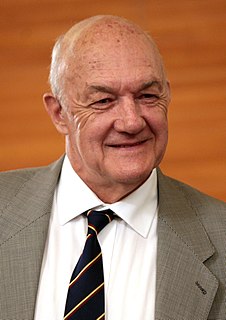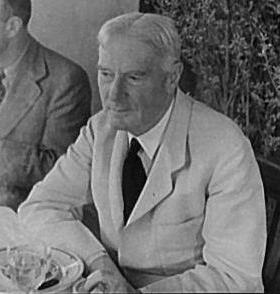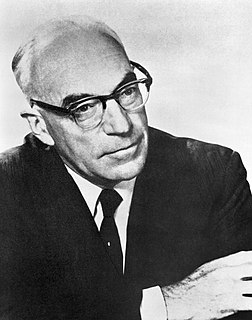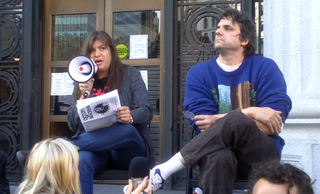A Quote by H. G. Wells
I don't suppose any man has ever understood any woman since the beginning of things. You don't understand our imaginations, how wild our imaginations can be.
Quote Topics
Related Quotes
Literature and the other arts play with pattern - our brains understand our world by recognizing patterns - and with possibility. The arts harness our sharpest senses, sight and sound, and our richest ways of understanding, in language and narrative. They were our first schools before schools were ever invented. They develop our imaginations, extend our possibilities, and deepen what we can all share.
Most of the people I've been fortunate enough to work with all share the same passion for creativity, for ingenuity, for playing make-believe and really just having fun. It doesn't matter if we're blowing up cars, or shooting an emotional scene in a police station, deep inside we all know our imaginations are at work, and our imaginations are manifesting into reality - at least momentarily for the cameras to capture.
The storyteller is deep inside everyone of us. The story-maker is always with us. Let us suppose our world is attacked by war, by the horrors that we all of us easily imagine. Let us suppose floods wash through our cities, the seas rise . . . but the storyteller will be there, for it is our imaginations which shape us, keep us, create us - for good and for ill. It is our stories that will recreate us, when we are torn, hurt, even destroyed. It is the storyteller, the dream-maker, the myth-maker, that is our phoenix, that represents us at our best, and at our most creative.
Our reading can affect our imaginations in ways of which we are not consciously aware. It is quite common...to re-read something after a gap of many years and realize that it has been there all along, without any memory of where it was first encountered. But it may have been working away all the time.
What is all wisdom save a collection of platitudes? Take fifty of our current proverbial sayings—they are so trite, so threadbare, that we can hardly bring our lips to utter them. None the less they embody the concentrated experience of the race, and the man who orders his life according to their teaching cannot go far wrong. How easy that seems! Has any one ever done so? Never. Has any man ever attained to inner harmony by pondering the experience of others? Not since the world began! He must pass through the fire.



































